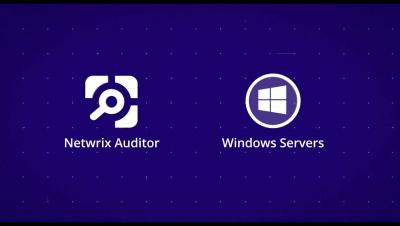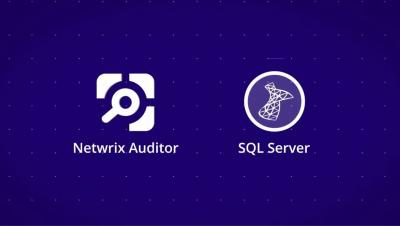Security | Threat Detection | Cyberattacks | DevSecOps | Compliance
September 2020
Netwrix Auditor for Windows Server - Overview
Data Privacy Solutions: How to Choose the Right One
Data privacy solutions are crucial for complying with privacy regulations and maintaining security. In the first nine months of 2019, there were 5,183 reported data breaches, with 7.9 billion records exposed, according to the Data Breach Quickview. Modern regulations, such as GDPR and CCPA, require companies to develop reasonable data protection measures to protect consumers’ personal information against exposure or loss.
Hybrid Cloud Security
Hybrid cloud is an increasingly popular infrastructure option for companies in industries from game development to finance. But what is it, and what are the most effective hybrid cloud security practices for protecting your sensitive and regulated data?
Cloud Challenges by the Numbers: Adoption and Configuration
The year 2020 has shown us that cloud computing is among the most powerful capabilities humanity has, enabling people around the globe continue their everyday business and education uninterrupted. We continue gathering the most interesting findings from industry research. If you’re interested in learning statistics on cloud usage, top cloud initiatives and cloud security concerns, read the 2020 State of the Cloud Security Statistics article.
Netwrix Auditor for VMware - Overview
Netwrix Auditor for SQL Server - Overview
Top 6 Security Threats in Cloud Computing and How to Mitigate Them
In this digital era, more companies are encouraging or requiring employees to work from home. In addition to allowing employees to access the corporate network using their own devices, they are also turning to cloud computing, which is cost-effective and scales easily. However, not all of these organizations are prepared for the associated cloud security threats. Cloud providers often offer some protection capabilities, but their responsibility is primarily to ensure service availability.
How to Detect Ransomware
The second most common type of malware incident is the notorious ransomware attack. According to the Verizon 2020 Data Breach Investigations report, the primary aim of a ransomware attack is “to disrupt operations badly enough and long enough that the organization will pay the ransom.” The average ransom payment in Q2 2020 was a whopping $178,254 — a 60% increase from Q1.
Data Classification: What It Is and How to Implement It
Data classification is a vital component of any information security and compliance program, especially if your organization stores large volumes of data. It provides a solid foundation for your data security strategy by helping you understand where you store sensitive and regulated data, both on premises and in the cloud. Moreover, data classification improves user productivity and decision-making, and reduces storage and maintenance costs by enabling you to eliminate unneeded data.






